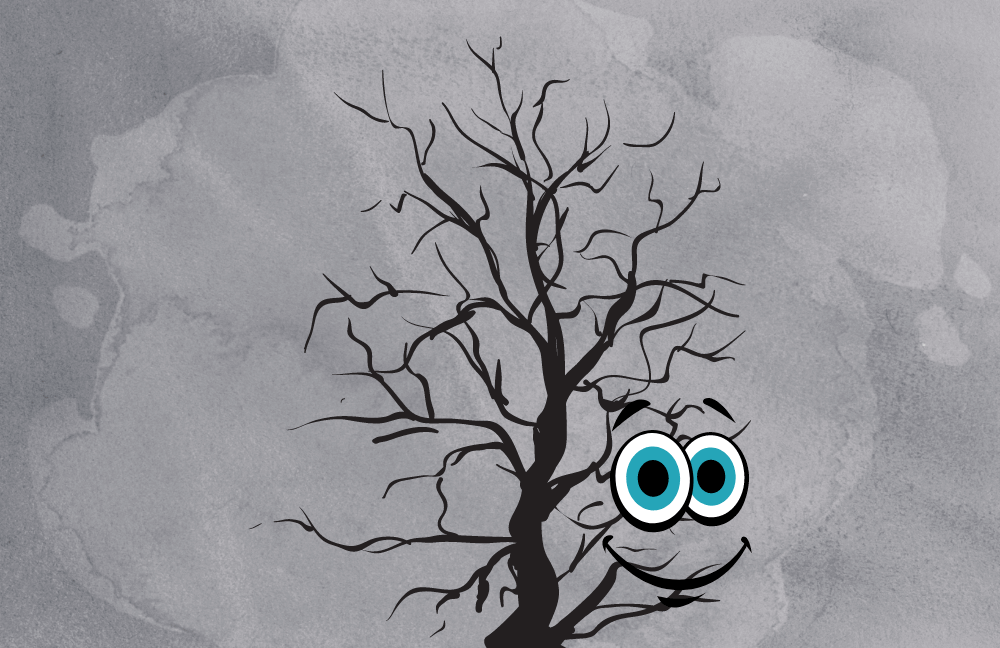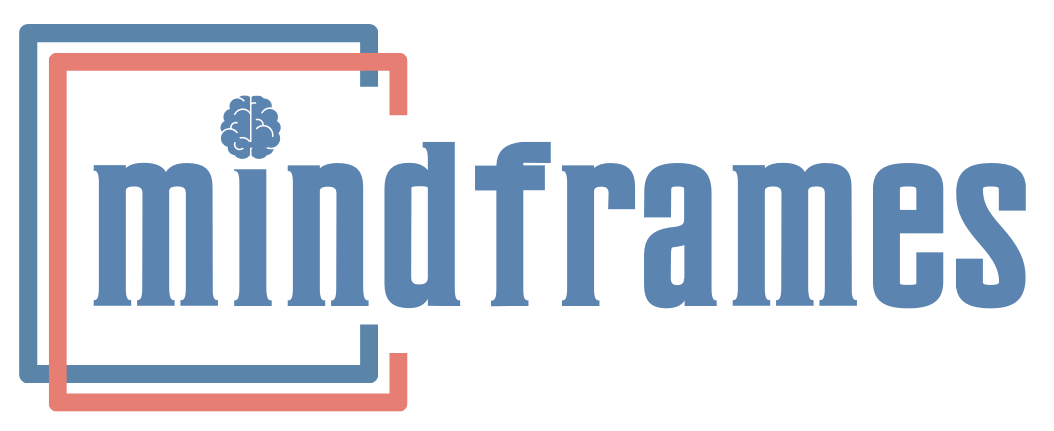ADHD in Children
What is Childhood ADHD?
ADHD in childhood is characterized by persistent and pervasive lack of attention, hyperactive behavior and impulsivity. Such children cannot focus on anything, not even their favorite tasks and activities. They are bubbling with energy which is almost always counterproductive, and they get so impulsive and impatient that they cannot finish any task they take on.
This behavior is consistent across different situations like school, home as well as with friends in the playground for example; and appreciably interferes with the emotional, social and intellectual development. Parents are typically not aware that this is a medical psychological problem, and more often than not, they mistake ADHD for innocuous mischief. Most parents believe that their kids will outgrow it with time. That is why many children who suffer from ADHD don’t end up getting treatment.
Is ADHD a serious problem?
Worldwide, approximately 2.2% of children could have ADHD. Apart from their inability to focus, which one would think should typically impact only academics, they struggle immensely with emotions too. While all kids have intrinsic temperaments and any child can have an outburst, those with ADHD have difficulty in modulating any feeling – be it sadness, nervousness, frustration, or anger.
Kids are conventionally resilient and spring back from emotional strains easily. As they grow, they gather more skills to regulate how they feel, and curb their child-like tempting impulses. They don’t get caught up in emotional imprints. However, kids with ADHD don’t have that advantage. Their brain is wired to exaggerate both – perception and expression of emotion. So, their notch of annoyance, discouragement, and irritation is deep. They get, and remain stuck in negative emotional states for a longer time. And because their brain doesn’t allow them to plan, strategize and see the bigger picture, they remain child-like, brash, and do not mature emotionally even with passing years.
Can I Wait it Out and Delay ADHD Treatment?
Without treatment, kids with ADHD might never learn emotional modulation and frustration tolerance. Because they cannot complete what they set out to achieve, they are more likely to not succeed in school, or see any of their dreams or plans to completion. This lowers their self-esteem, muddles their self-concept and invalidates any self-respect. And their predisposition to academic failure, depression, anxiety and suicide significantly goes up.
Alongside the attention deficit that continues into adulthood makes professional and personal life even more challenging. In one survey, adults with ADHD who were asked how they felt about not receiving treatment in childhood; openly asserted that they wish their parents and teachers had been more cognizant of their problem, and addressed it well in time. ADHD is a serious problem. Waiting it out doesn’t make it go away. It makes it harder to establish and maintain meaningful interpersonal relationships and limits opportunities to lead fulfilling lives as adults too.
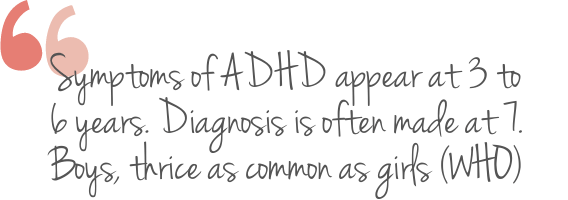
What Causes ADHD in Children?
There is no single reason to explain why some children develop ADHD. Evidence and research over the years describe a combination of genetic and biological variables. High risk factors include a maternal history of lead, alcohol or tobacco exposure in pregnancy or early childhood, growth retardation, or premature delivery. Maternal stress in pregnancy may be attributable too. All these are known to facilitate an imbalance of certain brain chemicals (predominantly nor-adrenaline) which gives rise to the typical symptoms.
The popular myth that ADHD is caused by eating too much sugar, watching too much television, inappropriate parenting, or social and environmental factors like deprivation or family turmoil; is not backed by supportive evidence. Of course, many things, including these, can make symptoms worse, especially in vulnerable kids. But we cannot conclude that they are the primary causes of ADHD.
Signs, Symptoms, Diagnosis of ADHD in Children
All young children are bubbling with energy, and many have been inattentive at some point in their life. Attention span can also be diminished by lack of interest in the task or subject too. But ADHD is a consistently pervasive symptom complex, and as the name suggests, it involves inattention, hyperactivity and impulsivity that interferes with the child’s social, emotional and academic development altogether.
All of the ADHD symptoms can be seen independently in most kids on a few, or many occasions. All children with ADHD could present differently. Yet, typically if your child has some or many of the following symptoms that are consistent, he or she might have the disorder and you should seek professional assessment and guidance.
ADHD: Inattention
- Lack of attention to most detail
- Careless mistakes in schoolwork
- Trouble staying focused on tasks
- Not listening during conversation
- Difficulty following instructions
- Trouble organizing tasks, even play
- Avoiding activities that need focus
- Losing or forgetting personal items
- Can't focus even on favorite tasks
- Easily distracted by just anything
ADHD: Hyperactivity
- Inability to sit straight – at all
- Restless in calm environments
- Agitated in small closed spaces
- Excessive physical movements
- Cannot sit at one place to eat
- Talking too much and too fast
- May stammer when agitated
- No sign of fatigue or tiredness
- Feels like as if run by a motor
- Seems relaxed only if unwell
ADHD: Impulsivity
- Impatient about everything
- Unable to wait for their turn
- Cannot stand in line in school
- Hitting kids unintentionally
- Blurting answers out of line
- Acting without thinking at all
- Little or no sense of danger
- Daring and precarious risks
- Intense tantrums, frustration
- Rapid swinging reactive moods
ADHD: Emotions
- Intense emotional reactions
- Can’t calm down when angry
- Aggression and/or frustration
- Sadness, gloom and distress
- Defiant, disruptive behavior
- Offensive to any disapproval
- Sensitive and over expressive
- Nervous, unsure and anxious
- Insecurity and low confidence
- Social deficit, low self-esteem
Treatment of ADHD in Children
ADHD makes life very difficult for children. And sadly, the stigma and taboo around psychological treatment in general, delays or prevents access to care. Most children with ADHD also tend to have other conditions such as an anxiety disorder or depression. Talking to them about their behavior and emotions, especially older children and letting them know that it’s alright to feel this way, is a good start. And then you can suggest ways to help them do better. Medication may be recommended but working with non-medicinal techniques helps children tremendously too. A seasoned professional can guide you best on this.
Behavior therapy is nothing but common sense parenting – more so in younger children. Simple tips like eating healthy, maintaining a routine, ensuring sufficient sleep, limiting screen time, performing everyday tasks together, gross and fine motor training; all help build back focus, and reduce hyperactivity and impulsivity. Children need to be taught the importance of focused mono-tasking to enhance attention. Most importantly, as a parent, it’s imperative to not get worked up about the diagnosis, be consistent with the home behavior modification plan, and seek guidance from a supportive and empathic professional.
Therapy Goals for Parents
- Understand ADHD symptom triggers
- Learn about behavior reinforcement
- Be accustomed to crisis management
- Master teaching communication skills
- Learn to keep calm in every situation
- Follow home attention building tasks
- Manage your own emotionality better
Therapy Goals for Children
- Channelize their excessive energy
- Inculcate more prosocial behaviors
- Enhance their frustration tolerance
- Set a routine and follow it properly
- Lessen the emotional hyperreactivity
- Build self-confidence and self-esteem
- Enhance assertive communication
Dr Shefali Batra: Support For ADHD
Changing emotional and physical hyper reactivity is not easy. Parents too might find it challenging to modify their automated behaviors with their child (typically frustration). With ongoing step by step support, attention building, impulse control and relaxation training, and mindful parenting, children and parents are geared to deal with the problem. Parent education, behavior therapy, cognitive therapy and other specialized child psychotherapy interventions help children and parents get empowered to maximize the child’s physical, social, academic and emotional potential.
Dr Shefali Batra spoke to the Free Press Journal along with other experts explaining the importance of optimal parenting strategies for helping children. She is a Feature Writer in India’s Teen Zine called Teenager Today.
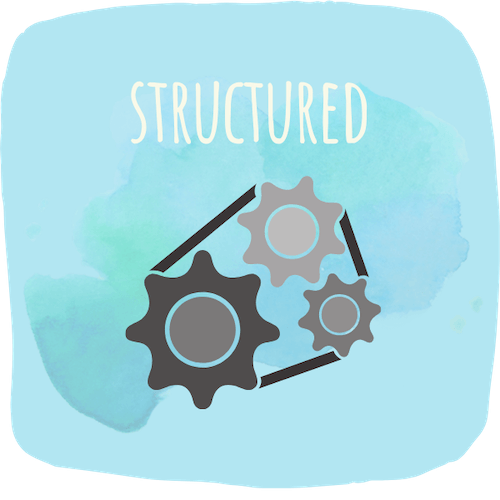
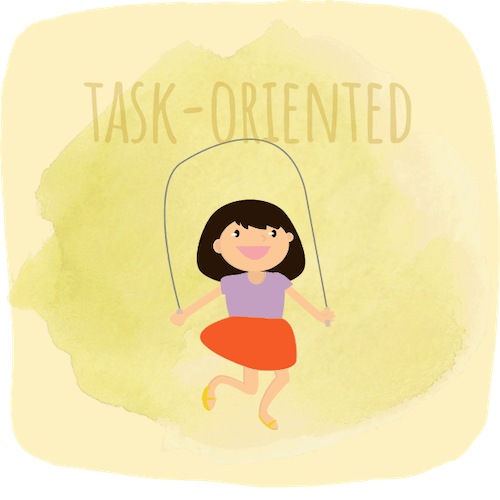
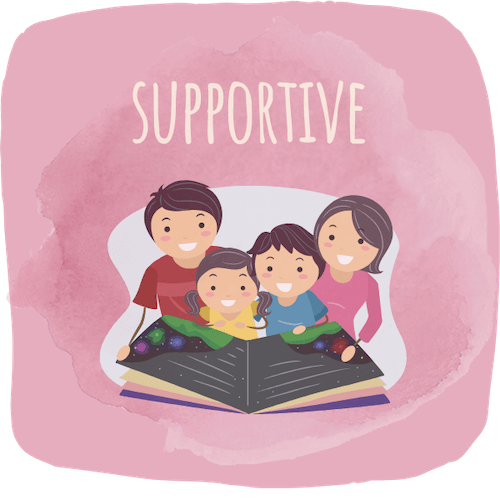
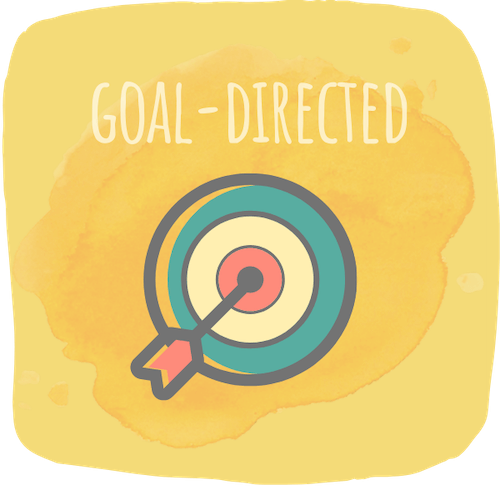
References
- Magnus, W., Nazir, S., Anilkumar, A. C., et al. (2020). Attention Deficit Hyperactivity Disorder. Treasure Island (FL): StatPearls Publishing.
- Huguet, A., Izaguirre Eguren, J., et al., (2019). Deficient Emotional Self-Regulation in Children with Attention Deficit Hyperactivity Disorder: Mindfulness as a Useful Treatment Modality. J Dev Behav Pediatr;40(6):425-431.
- Geffen, J., Forster, K., (2018). Treatment of adult ADHD: a clinical perspective. Ther Adv Psychopharmacol;8(1):25-32.
Latest Posts

7 Reasons Why You Should Seek Therapy
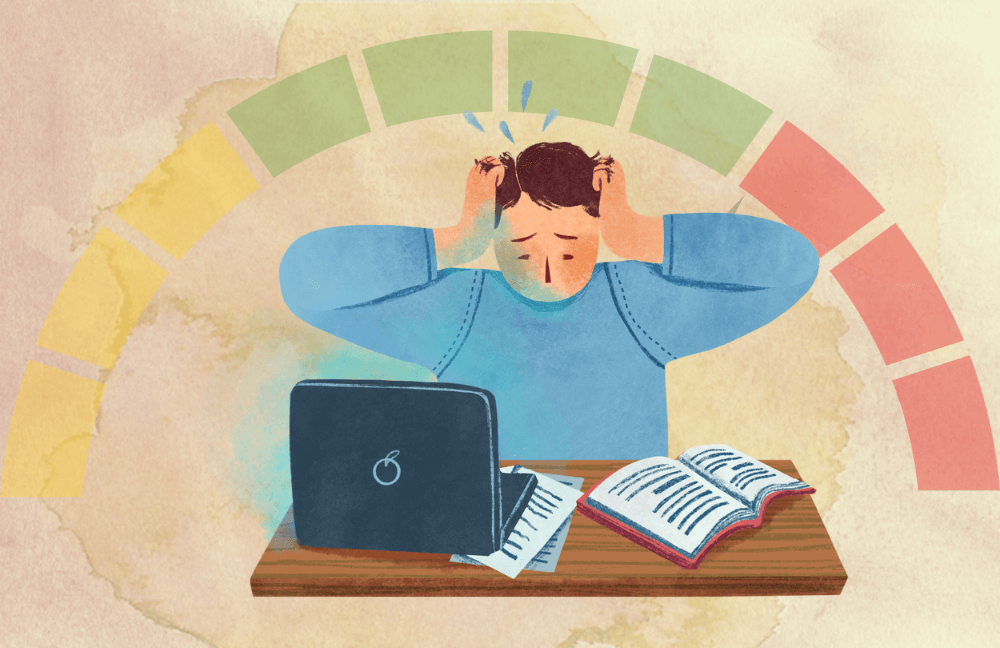
7 Questions About Workplace Stress Answered
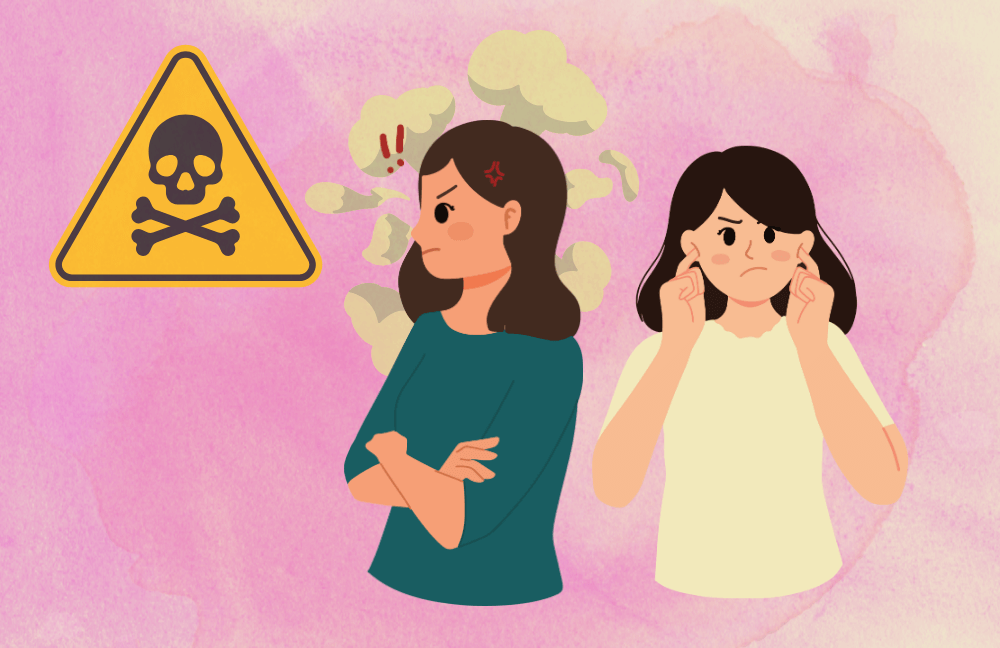
5 Ways To Deal With A Toxic Coworker
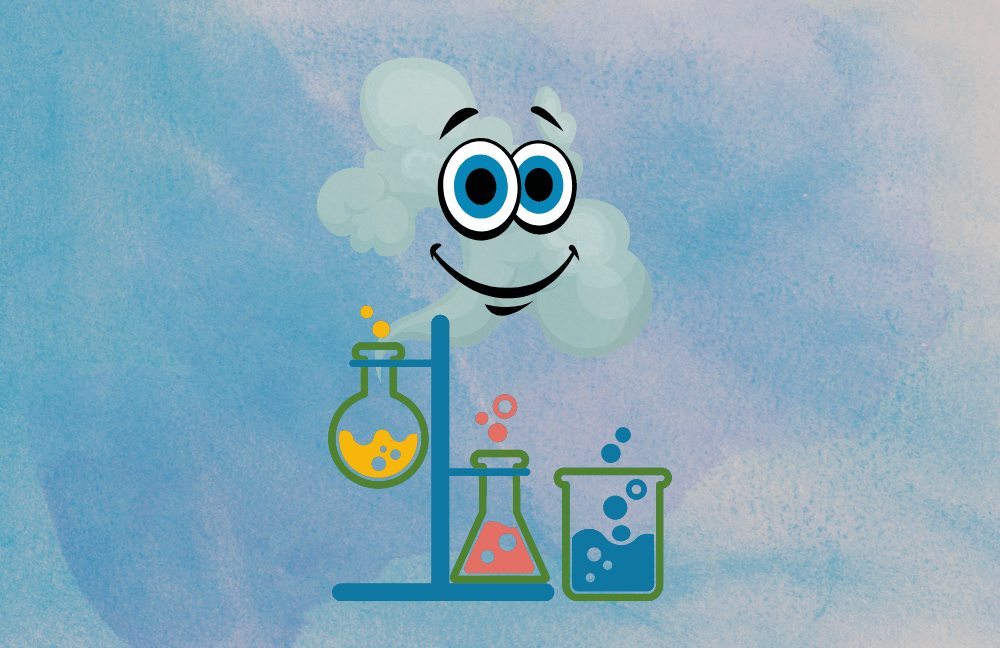
Science of Happiness: 1000s Of Years Of Research
